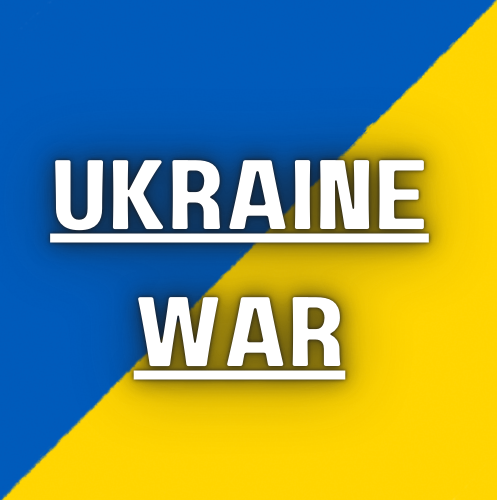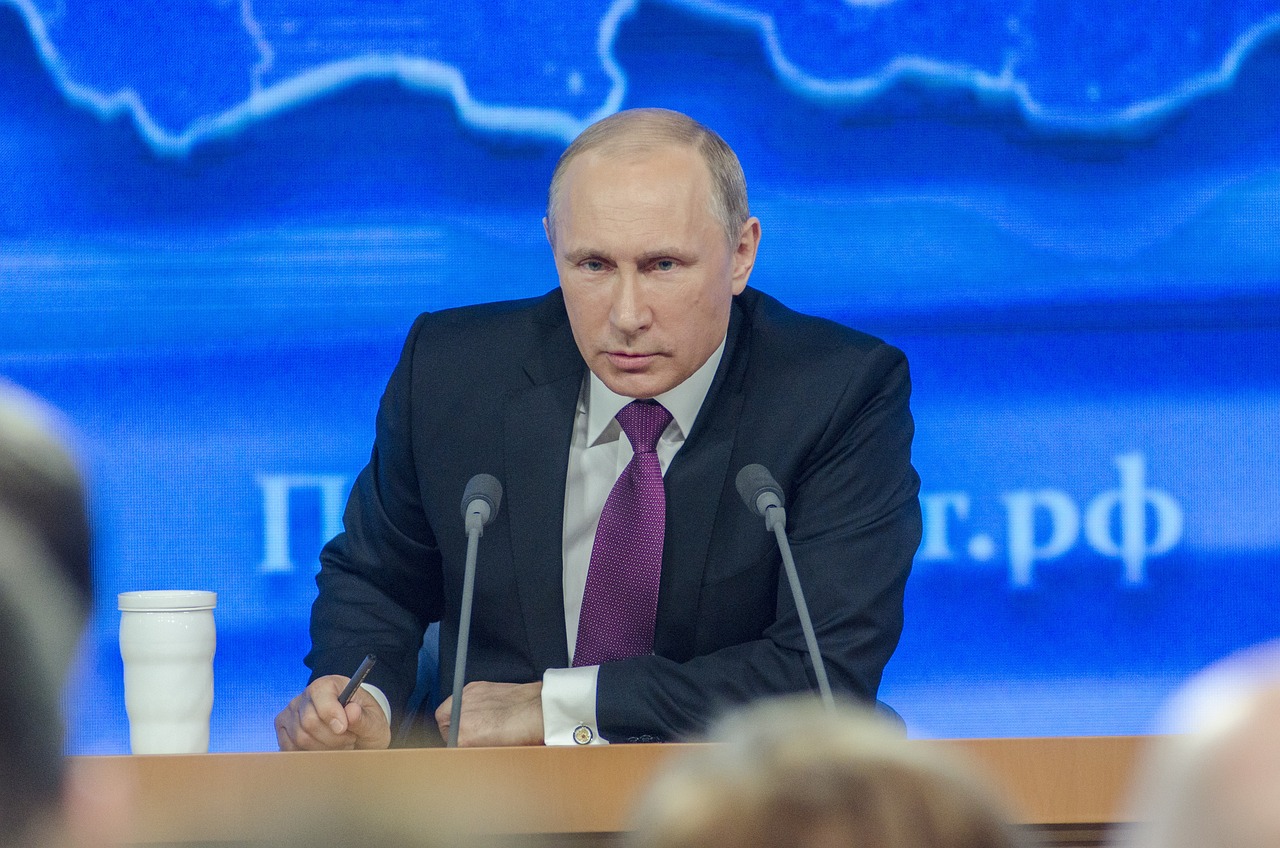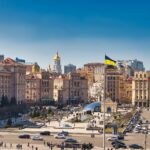Vladimir Putin is a Russian politician who has served as the President of Russia for multiple terms and is one of the most influential and controversial world leaders today. His life and career reflect his rise from a KGB officer to the dominant political figure in post-Soviet Russia.
Early Life and Education:
• Birth: Vladimir Vladimirovich Putin was born on October 7, 1952, in Leningrad (now Saint Petersburg), Soviet Union.
• Family Background: Putin grew up in a working-class family. His father, Vladimir Spiridonovich Putin, was a factory foreman and World War II veteran, and his mother, Maria Ivanovna Shelomova, worked in a factory.
• Education: Putin studied law at Leningrad State University (now Saint Petersburg State University), where he graduated in 1975. During his university years, he joined the Communist Party of the Soviet Union and later developed a relationship with Anatoly Sobchak, a professor who would become his political mentor.
KGB Career:
• KGB Service: After graduation, Putin joined the KGB (the Soviet Union’s main security agency). He worked in foreign intelligence and was stationed in Dresden, East Germany, from 1985 to 1990. While in East Germany, he observed the political changes that led to the fall of the Berlin Wall.
• Return to Leningrad: After the collapse of East Germany, Putin returned to the Soviet Union in 1990. As the Soviet Union collapsed in 1991, he resigned from the KGB with the rank of lieutenant colonel.
Rise in Russian Politics:
• Local Government: In 1991, Putin entered politics, working as an advisor to Anatoly Sobchak, then the mayor of Saint Petersburg. He was involved in international relations and economic matters, and his efficient management gained attention in higher political circles.
• Moscow and the Kremlin: In 1996, Putin moved to Moscow to work in the administration of then-President Boris Yeltsin. He rapidly rose through the ranks, serving in various administrative roles, including the head of the Federal Security Service (FSB, the successor to the KGB) in 1998 and secretary of the Security Council in 1999.
First Presidency (1999-2008):
• Prime Minister and Acting President: In August 1999, Yeltsin appointed Putin as prime minister. When Yeltsin unexpectedly resigned on December 31, 1999, Putin became acting president.
• Election as President: In March 2000, Putin won the presidential election, solidifying his position. He quickly moved to stabilize Russia after the turbulent Yeltsin years, focusing on economic recovery, restoring centralized control, and curbing the influence of oligarchs.
• Second Term: Putin was re-elected in 2004, continuing his efforts to centralize power. He oversaw the Chechen War and cracked down on separatist movements while also promoting economic growth fueled by high oil prices. However, concerns grew over his authoritarian style and suppression of political dissent, media freedom, and opposition.
Prime Minister and Medvedev (2008-2012):
• Term Limits: Due to constitutional term limits, Putin did not run for president in 2008. Instead, he backed Dmitry Medvedev, who won the election, and Putin served as prime minister.
• “Tandemocracy”: While Medvedev was officially president, Putin remained the dominant figure in Russian politics, shaping key decisions, including the 2008 war with Georgia. Many analysts saw this period as a political maneuver to keep Putin in power while avoiding formal rule violations.
Return to Presidency (2012-Present):
• Third Term: In 2012, Putin ran for a third term as president, sparking mass protests in Russia over allegations of election fraud and concerns over his extended rule. Once re-elected, Putin cracked down on dissent, tightened control over the media, and limited civil liberties.
• Geopolitical Aggression: During this period, Putin became more assertive on the world stage. In 2014, he orchestrated the annexation of Crimea following the Euromaidan protests in Ukraine, which ousted a pro-Russian president. This move was widely condemned internationally, leading to economic sanctions.
• Fourth Term: Putin won a fourth term in 2018 with over 76% of the vote, though the election was marred by accusations of repression against his political opponents, including the arrest of opposition leader Alexei Navalny.
• Full-Scale Invasion of Ukraine: In February 2022, Putin ordered a full-scale invasion of Ukraine, escalating the conflict that began with Crimea’s annexation and the war in eastern Ukraine. The invasion has resulted in a major war with global ramifications, severe economic sanctions, and a significant deterioration in Russia’s relations with the West.
Personal Life:
• Marriage and Family: Putin married Lyudmila Shkrebneva in 1983, and they have two daughters, Maria and Katerina. The couple announced their divorce in 2013. Putin is known to keep his personal life very private.
• Hobbies and Interests: Putin is an avid sportsman, known for practicing judo, playing ice hockey, and enjoying outdoor activities like hunting and fishing. He cultivates a strong, masculine image in the media.
Ideology and Leadership Style:
• Strongman Leadership: Putin’s leadership style is characterized by centralized authority, nationalism, and the suppression of political dissent. He has restored state control over key industries, especially in the energy sector, and pushed a narrative of Russian greatness and independence from Western influence.
• Foreign Policy: Putin has pursued a policy of reasserting Russia’s influence on the global stage, often in opposition to Western powers like the United States and NATO. His foreign policy has been marked by military interventions, support for authoritarian regimes, and efforts to disrupt Western political systems through cyberattacks and disinformation.
Legacy and Controversies:
• Putin is credited with stabilizing Russia’s economy after the 1990s, improving living standards, and restoring Russia’s geopolitical influence. However, his legacy is marred by accusations of corruption, authoritarianism, human rights abuses, and aggression, particularly in Ukraine and toward political opponents within Russia.
His rule represents a combination of traditional Russian autocracy, nationalism, and a return to Soviet-style authoritarianism, with a focus on restoring Russia’s global influence. Putin’s presidency has transformed Russia both domestically and internationally, making him one of the most significant figures in 21st-century geopolitics.
Ukraine war understanding © 2024 by Naccache Louann is licensed under Creative Commons Attribution-NonCommercial-NoDerivatives 4.0 International



